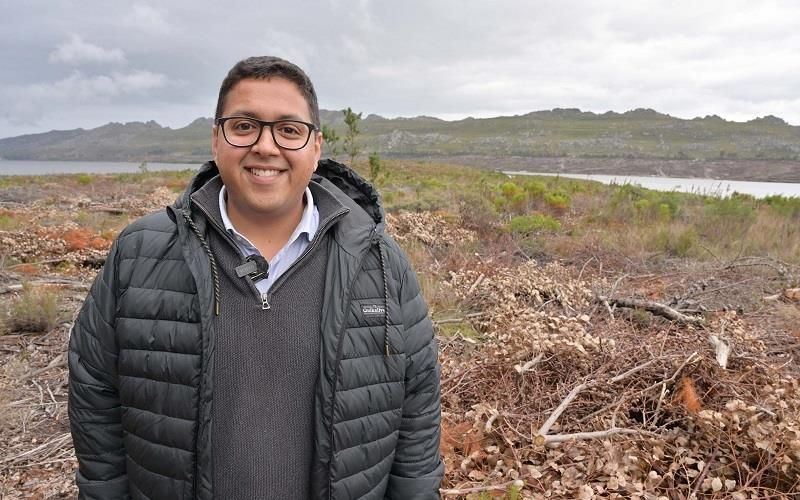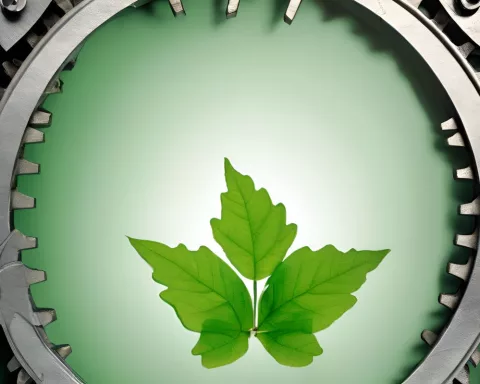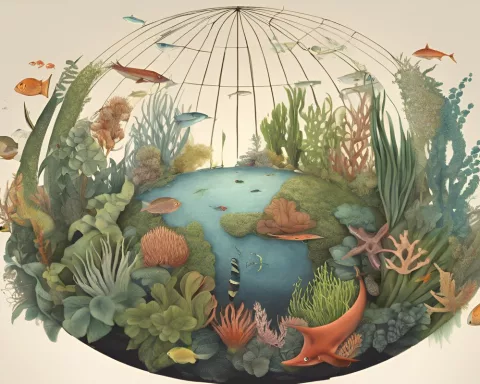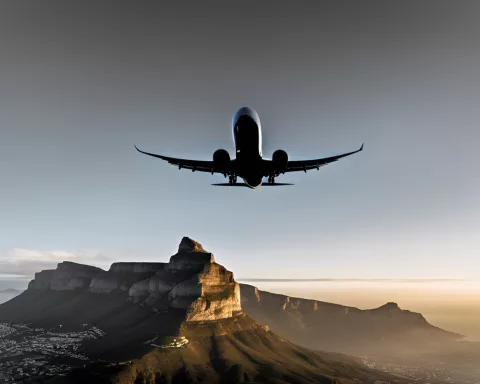Invasive alien plants, such as pines, gums, and wattles, are a significant threat to Cape Town’s water supply. Studies indicate that around 55 billion litres of water are lost annually due to these invasive species in the city’s dam catchments. To address this issue, the Greater Cape Town Water Fund was established, bringing together a diverse group of stakeholders to remove invasive alien plants from the city’s water catchment areas.
Milestones Achieved
Over the past three years, the Greater Cape Town Water Fund has made significant strides in clearing invasive alien plants from seven priority sub-catchments, including Theewaterskloof, Berg River, Wemmershoek and Steenbras dams, and the core area of the Atlantis Aquifer. Between April 2019 and March 2023, the group achieved the following milestones:
- Cleared over 40,790 hectares of alien invasive plants
- Saved up to 13.1 billion litres of water annually due to the clearing efforts
- Created 722 green employment opportunities
Encouraging Results
The initiative has yielded encouraging results, with increased water flow expected to reach the dams that supply Cape Town’s residents. Since July 2021, significant progress has been made in clearing alien invasive plants from the sub-catchments of Wemmershoek, Steenbras, Berg River, and the Atlantis Aquifer core area. By the end of June, the City of Cape Town contributed to clearing a total of 12,487 hectares, which translates into water savings of eight million litres per day.
Commitment to Sustainability
An additional R75 million has been committed to the invasive alien plant clearing effort over the next three years, making it the most affordable scheme within the New Water Programme. This project offers exciting job opportunities and upskilling for workers involved, making it a cost-effective and sustainable solution to securing Cape Town’s water supply.
Gratitude for the Workers
The City’s Mayoral Committee Member for Water and Sanitation, Councillor Zahid Badroodien, expressed gratitude for the contributions of the teams working on the ground, who often face challenging conditions in the mountainous terrain. Their efforts in combating the invasive species not only help conserve water but also pave the way for a resilient water future in Cape Town.












